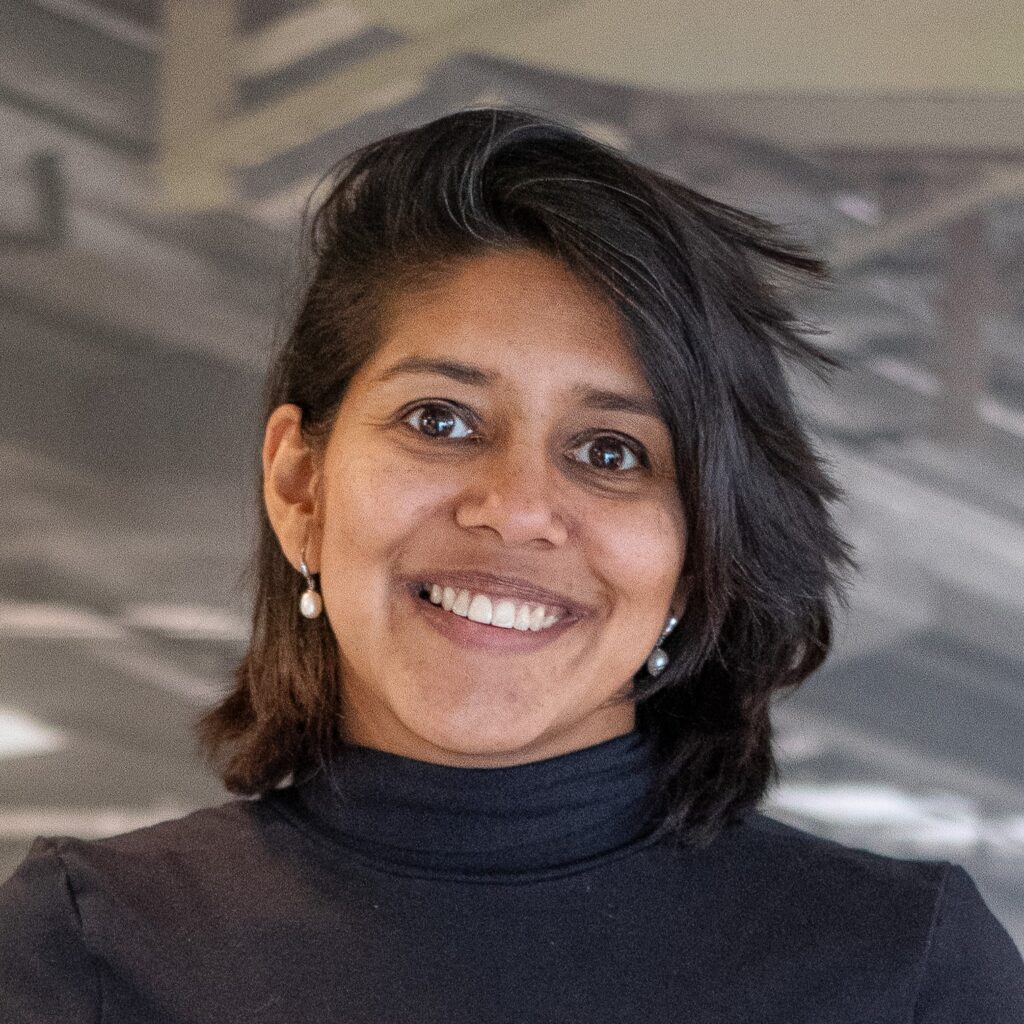Some would say it’s a new year and it’s time for fresh beginnings. However, life chances continue to feel bleak and grim out there for children and young people in the UK ─ hunger, poverty, housing, mental health, education, you name it. Many of these dimensions interacting closely with each other, amplifying and causing a bit of a multiplier effect.
If the recent alarming (!) numbers and statistics from the likes of Child Poverty Action Group, Trussell Trust, NHS England, UNICEF, University of York, Resolution foundation are anything to go by, 2023 saw us reaching record levels in:
- foodbank parcels being distributed by Trussell Trust foodbanks
- proportions of children out of a class of 30 living in poverty in the UK
- number of children and young people in England aged eight to 25 experiencing poor mental health
- percentages of asylum seekers in the UK who are women and children
- the extent to which children on free school meals are faring worse at every stage in school and their overall health and educational outcomes
- the numbers of young people living in poor quality – damp and cramped housing
It is hard to imagine that there are children and young people who are living in one of the most developed countries in the world, and yet their survival, growth and opportunities are so severely threatened today. Resolution Foundation recently published a report explaining how we are ‘failing to deliver on the promise of inter-generational fairness’ at so many levels. There are vulnerable children and families in the UK today who are struggling to live their lives and looking at their future with glistening eyes full of dread.
It’s time that that development paradigm needs to shifted if vulnerability has to be addressed in a meaningful way. It’s time that we gave our future generations a chance to flourish! I wonder what is it that needs to happen in policy and practice spaces as anti-poverty, child right or development focused organisations to drive societal change?
- People and community centred local and national policies that lead the way, challenge narrow conventional mindsets and short-termist political agendas. Policies that foster a more equal power balance in society, policies that empower and stabilise local and accountable institutions in communities, and policies that are a bridge to a more sustainable future.
- A bold third sector that is not afraid to break from past convention and carve a new vision for itself. Charities and passionate volunteer-led frontline organisations and initiatives who are able think and act strategically and even as they react to the challenges in the here and now and uphold a strong vision for the future (not just in words but in action!). A future where charities are not in an autopilot to continue serving communities forever, but, are purposefully working towards a future, where community feels more whole and less broken. A future where there is more agency and resilience from the ground up and less dependence on help.
- Evidence-informed project, programmes and policies that build on real knowledge of what works and what doesn’t rather than assumptions. Where evidence is contributed by those in the deep end. Where measuring the impact of what we do is a norm rather than the exception. Where learning and communicating about failures is as valuable as brandishing successes. Where scale and fast paced growth does not compromise the longevity of impact we wish to see.
- Siloes that are broken as new collaboration rules are spoken – where as organisations we align values and visions to come together and collaborate, build coalitions to share research, to lead joint efforts and programmes and advocate for policy reform together. We work in ways that complements rather than replicates, reinforces rather than undermines, where we co-create and co-imagine spaces and not simply co-habit spaces.
- Bridging the humanitarian and development divide to prevent recurring crisis is a real priority. Reactive crisis response efforts are met with even more substantive longer-term government responses, development focused endeavours and mindsets that ensure that we understand and address the root causes of crisis and are not stuck in repetitive crisis loops. Where communities living constantly in fear on the edge of survival are permitted to feel a lasting hope for their future. Where we build our foundations in humanity and togetherness rather than difference and marginalisation.
- Funding and resource is not seen as a panacea for success. The basis to spend, invest and expand is not just the availability of money and ‘what’ we should do more of and ‘how we can grow’ but ‘where’ do we see the potential for biggest change? Which road even if unchartered helps us to shift our perspective and identities in ways that herald change ?
- Businesses work in socially imaginative and responsible ways to extend a valuable hand by bringing in ideas and innovation, professional skills, technology platforms and wider collaborative thinking to work hand-in-hand with public and civil society sectors to drive real transformative change in society.
Ultimately, a collaborative and future-focused approach is what will really make a difference. There is already a huge amount of good happening all around us, we just need to find ways to challenge ourselves more, consolidate, strengthen, focus and step up!
LET’S REIMAGINE FUTURES TOGETHER.


